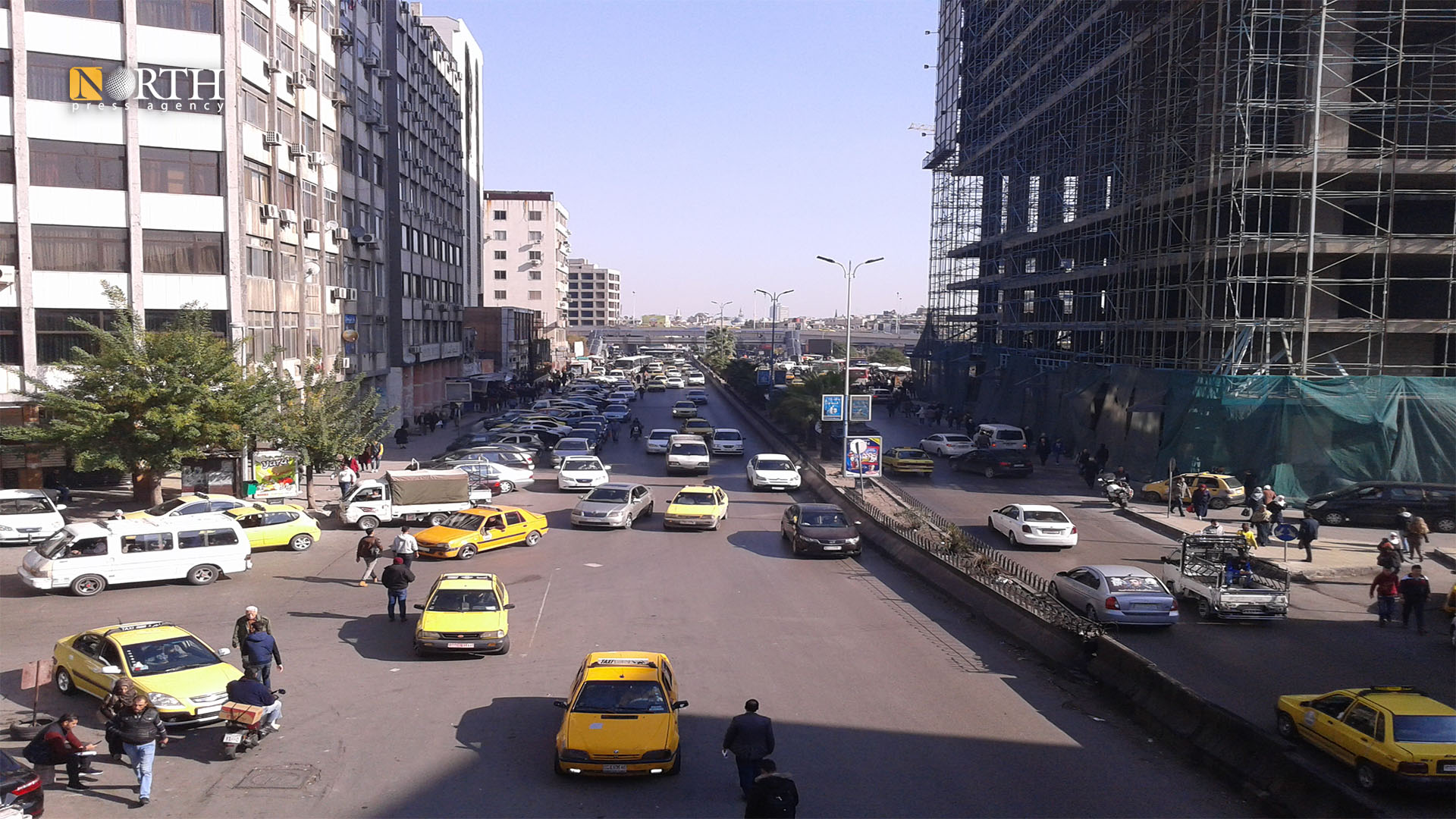DAMASCUS, Syria (North Press) – Before the new phase of Astana negotiations, Syrian opposition groups declared that they would not rely on the new phase unless it is similar to the Geneva Declaration and Security Council Resolution 2254.
The Kazakh capital Astana is preparing for a seventh phase of Syrian negotiations under the auspices of Russia, Iran, and Turkey.
The new round will be held on October 30 and 31, according to the statement of the Kazakh Foreign Ministry.
Cairo also received an invitation to participate in the talks, an Egyptian official source declared.
This comes at a time when the current reality and political facts are still complex, as the Idlib region and its outskirts are still governed theoretically according to understandings on this path.
Dance with the devil
“Geneva, the Constitutional Committee, Astana, and Sochi are tricks,” Dr. Aref Dalila, an opposition official in exile, said.
“In such events, they exclude all those who might represent the Syrian people and their national democratic forces that call for the unity of Syria, of both land and people,” Dalila told North Press.
“Those paths or the deals with the devil aimed to give those with evil intentions the opportunity to circumvent the approach of the correct solution with the complete elimination of Syria, the state, the people, and the future,” he added.
The Syrian opposition does not trust representatives of both the Syrian government and the opposition who claim to represent Syria.
“They do not have any consideration; they are used to passing secret plans and decisions of these meetings to those who are responsible for dividing Syria, enabling occupations and distributing gains,” he added.
Geneva Manifesto
Mozen Morshed, the spokeswoman of Syria’s Tomorrow Movement, connected this path to what was issued in Geneva Declaration and Security Council Resolution 2254.
“If the phase was only to pass time, it would be mere words, and we would not support it…we look forward to speeding up the political solution,” Morshed told North Press.
“Seeking freedom and a lawful state can be fulfilled only through moving towards democracy and dismissing the current regime,” she added.
Syria’s Tomorrow Movement was founded on July 28 in cooperation with the Syrian Democratic Council (SDC), the Assyrian Democratic Organization, and the Arab Council in Jazira and the Euphrates.
The Astana negotiations began in January 2017, following the ceasefire after the Syrian opposition exited east Aleppo according to a Russian-Turkish agreement.
Six rounds have been concluded so far, and the sixth has resulted in an agreement between Russia, Turkey, and Iran to establish a fourth de-escalation zone in Idlib Governorate. This zone came in addition to three previous areas: north of Homs, eastern Ghouta, and on the Syrian-Jordanian border in Daraa.
A compromise
This upcoming round of talks “is important, as the rounds of the Constitutional Committee did not reach any significant results,” Maher Merhej, Secretary-General of the Syrian National Youth Party (established in 2012 according to the political parties law No. / 100 / of 2011), said.
“It is necessary to draw a new map that paves the way for a truce or calm and prevents the collapse of what has been built, and to address the situation of al-Nusra Front and Hayat Tahrir al-Sham and prevent the return of ISIS,” he told North Press.
“The facts on the ground are clear through the Astana phases and the activation of new agreements to protect the M4 and M5 roads,” He added.
It is likely that the understandings would improve and the pace of dialogue between Astana’s sponsors would increase, “which paves the way for a compromise that the guarantors need to take advantage of the state of no-peace and no-war with the absence of the American desire for a political solution,” he stated.

